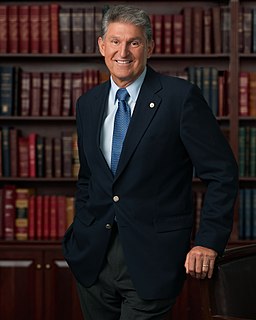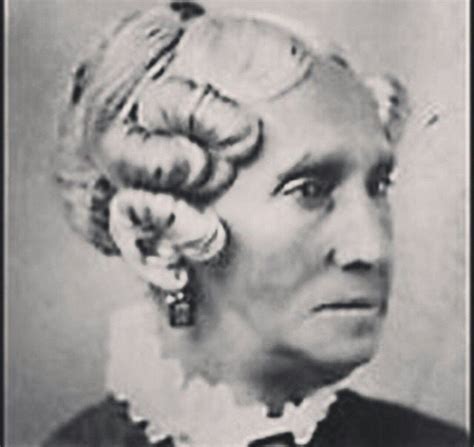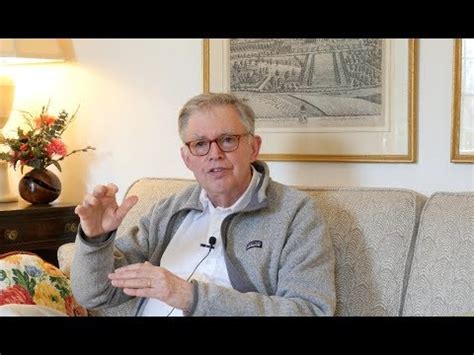A Quote by Hannah More
Repentance is not completed by a single act, it must be incorporated into our mind, till it become a fixed state, arising from a continual sense of our need of it.
Related Quotes
Through repentance the filth of our foul actions is washed away. After this, we participate in the Holy Spirit, not automatically, but according to the faith, humility and inner disposition of the repentance in which our soul is engaged. For this reason it is good to repent each day as the act of repentance is unending.
[When we drop our agendas] we begin to cultivate a mind of true goodness and compassion, which comes out of a concern for the Whole. As we live out of such a mind, we become generous, with no sense of giving or of making a sacrifice. We become open, with no sense of tolerance. We become patient, with no sense of putting up with anything. We become compassionate, with no sense of separation. And we become wise, with no sense of having to straighten anyone out.
... continual hard labor deadens the energies of the soul, and benumbs the faculties of the mind; the ideas become confined, the mind barren, and, like the scorching sands of Arabia, produces nothing; or, like the uncultivated soil, brings forth thorns and thistles. Again, continual hard labor irritates our tempers and sours our dispositions; the whole system become worn out with toil and fatigue; nature herself becomes almost exhausted, and we care but little whether we live or die.
Worship is to feel in the heart . . . it is an attitude and a state of mind. It is a sustained act, subject to varying degrees of intensity and perfection . . . Real worship is, among other things, a feeling about the Lord our God . . . It is in our hearts. And we must be willing to express it in an appropriate manner. If we love the Lord and are led by His Holy Spirit, our worship will always bring a delighted sense of admiring awe and a sincere humility on our part.
A case can certainly be made that Christians bear a major responsibility for our ecological crisis. But the fault is not their biblical but their unbiblical view of nature. Christians have long failed to understand what the Bible really teaches concerning nature and our responsibility for it. For this there is no excuse. Repentance must be our first response. Our second response must then be to right the wrongs of our faulty understanding and act accordingly. We are all responsible to know what can be known of God's will for nature, and we are then responsible to act on that knowledge.
People need immediate places to refresh, reinvent themselves. Our surroundings built and natural alike, have an immediate and a continuing effect on the way we feel and act, and on our health and intelligence. These places have an impact on our sense of self, our sense of safety, the kind of work we get done, the ways we interact with other people, even our ability to function as citizens in a democracy. In short, the places where we spend our time affect the people we are and can become.
We need to bridge our sense of loneliness and disconnection with a sense of community and continuity even if we must manufacture it from our time on the Web and our use of calling cards to connect long distance. We must “log on” somewhere, and if it is only in cyberspace, that is still far better than nowhere at all. (264)
[Biblical counseling] Must insist that the image of God is central to developing a solid view of personality; that our sinfulness, not how we've been sinned against, is our biggest problem; that forgiveness, not wholeness, is our greatest need; that repentance, not insight, is the dynamic in all real change.
Our age has become so mechanical that this has also affected our recreation. People have gotten used to sitting down and watching a movie, a ball game, a television set. It may be good once in a while, but it certainly is not good all the time. Our own faculties, our imagination, our memory, the ability to do things with our mind and our hands-they need to be exercised. If we become too passive, we get dissatisfied.
We make the commitment to stop for a moment and look at what the mind is doing, what mind state we are dwelling in. We don't judge it, we just know it. Gradually we'll become more and more accustomed to being conscious of what we're thinking and our various positive and negative states. We'll become more and more the masters of our mind, rather than the slaves.
Joy is what we are, not what we must get. Joy is the realization that all we want or need in life has been etched into our souls. Joy helps us see not what we are "going through," but what we are "growing to"-a greater sense of understanding, accomplishment, and enlightenment. Joy reveals to us the calm at the end of the storm, the peace that surpasses the momentary happiness of pleasure. If we keep our minds centered on joy, joy becomes a state of mind.
The purpose of spiritual life is not to create some special state of mind. A state of mind is always temporary. The purpose is to work directly with the most primary elements of our body and our mind, to see the ways we get trapped by our fears, desires, and anger, to learn directly our capacity for freedom.






































